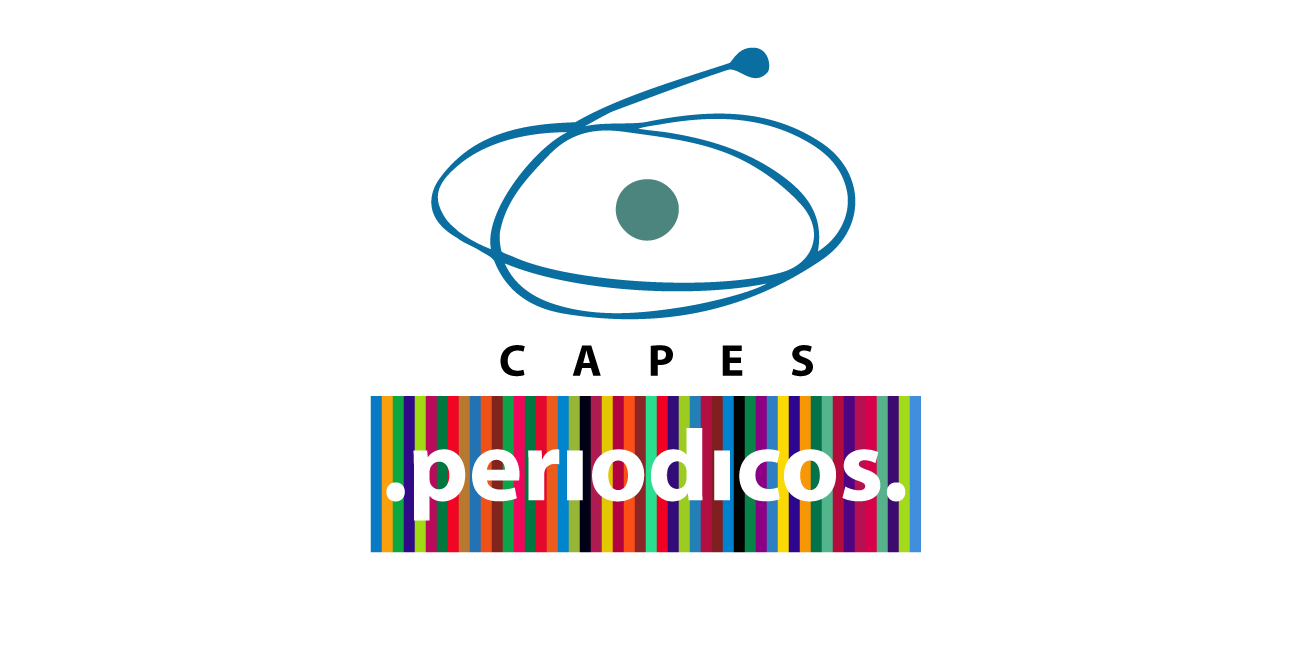THE THEORY OF CO-BLAME: MATERIAL EQUALITY AS A DEMOCRATIC STANCE
DOI:
https://doi.org/10.17765/2176-9184.2016v16n1p125-143Keywords:
Democracy, Co-blame, Material Equality, Penal LawAbstract
Democracy is based on formal and material freedom and equality. It is the government of the people, directly or through representatives, for the common good. The State should take care of individual rights and guarantees by acknowledging the freedom of its citizens (negative rights) but taking responsibility in offering basic services such as health, education and home, In case the State fails in such minimum developmental conditions to all, in contempt of the dignity of the human person, and due to the fact that many convicts had been socially excluded before being imprisoned, the theory of co-blame may be discussed. The social circumstances of each convict should be taken into account to compensate responsibility of the State and society since the latter have failed in the formation of the individuals. Punishment may be mitigated or not meted out. A deductive and qualitative bibliographical analysis will reveal the evolution of the idea of democracy and the importance that public policies to warrant survival conditions. The theory of co-blame will be discussed as a search for material equality and a stand for democracy.Downloads
Additional Files
Published
2016-04-29
How to Cite
Santiago, N. E. A., & Braga, D. S. (2016). THE THEORY OF CO-BLAME: MATERIAL EQUALITY AS A DEMOCRATIC STANCE. Revista Jurídica Cesumar - Mestrado, 16(1), 125–143. https://doi.org/10.17765/2176-9184.2016v16n1p125-143
Issue
Section
Doutrinas
License
A Revista se reserva o direito de efetuar, nos originais, alterações de ordem normativa, ortográfica e gramatical, com o intuito de manter o padrão culto da língua, respeitando, porém, o estilo dos autores. As opiniões emitidas pelos autores são de sua exclusiva responsabilidade.
Os direitos autorais pertencem exclusivamente aos autores. Os direitos de licenciamento utilizado pelo periódico é a licença Commons Atribuição 4.0 Internacional. São permitidos o compartilhamento (cópia e distribuição do material em qualquer meio ou formato) e adaptação (remixar, transformar, e criar a partir do trabalho, mesmo para fins comerciais), desde que lhe atribuam o devido crédito pela criação original.
















